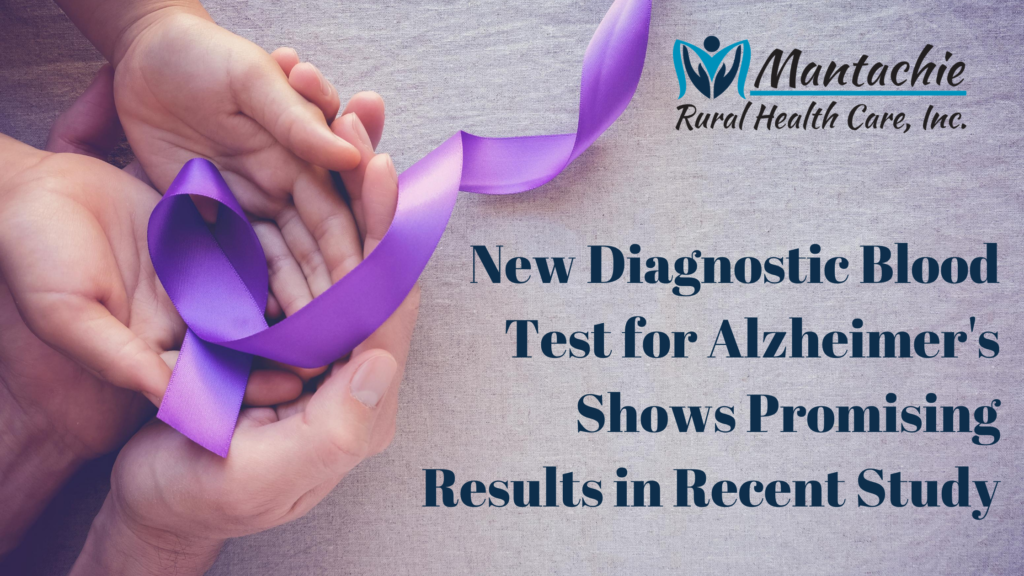
Experts have long believed that earlier treatment of Alzheimer’s disease is the key to slowing or stopping the disease. Now, a new blood test for Alzheimer’s is being studied. It demonstrates promising results that could lead to early diagnosis and treatment.
A study presented virtually at the Alzheimer’s Association International Conference 2020 and in the JAMA medical journal revealed promising results for those fighting to cure dementia and Alzheimer’s disease. The new blood test–which still likely won’t be available for several years–detects different types of tau protein, a hallmark of Alzheimer’s disease.
How the New Blood Test for Alzheimer’s Works
The new test works by focusing on the specific subtypes of tau protein. This key protein becomes abnormal as Alzheimer’s disease changes the brain. Initial results found Alzheimer’s patients exhibit more of a particular subtype, a modified tau protein called p-tau217, than healthy patients who participated in the study.
Studies of the blood test have shown its results to be as accurate as a spinal tap or PET scan. The blood test can also distinguish Alzheimer’s disease from Parkinson’s disease and other types of dementia with 89% to 98% accuracy. What’s more, the test could differentiate between the different types of cognitive dementia and flag early signs of Alzheimer’s.
Experts say earlier detection of dementia could lead to testing current treatments for these diseases at a much earlier stage. Earlier treatment could result in slowing or completely stopping the progression of dementia.
Just how early can this new blood test detect Alzheimer’s? Possibly up to 20 years before the first symptoms occur by measuring p-tau217 levels.
As you can read, exciting moves are being made in the quest to cure Alzheimer’s and dementia. Though we may still be several years away from seeing these new tests become available for patients, we’re confident the treatments for these terrible diseases are going to improve greatly and change the lives of patients and their families. Learn more about the new blood test study here.



Speak Your Mind